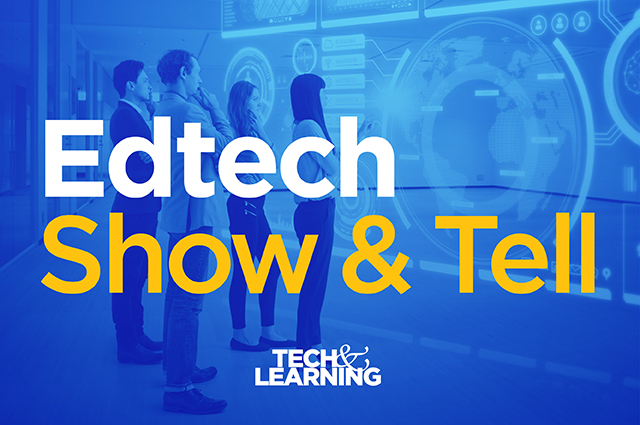How To: Find Educational Content on the Web
Tools and ideas to transform education. Sign up below.
You are now subscribed
Your newsletter sign-up was successful
The Internet is a vast repository of information, including online activities and teacher resources. Look closely enough and you can find a wealth of educational content to use with your students.
Web-based Software
There are more and more Web-based software products available; frequently, they feature the same content that is available for purchase on CDs (for example, Achievement Technologies' CD-based SkillsBank and their Web-based SkillsTutor). There are also free software products you and your students can access and run directly on the Web. Many are Java or Shockwave based, requiring free add-ons to your browser. Here are a few I found:
The National Library of Virtual Manipulatives for Interactive Mathematics is an "NSF supported project to develop a library of uniquely interactive, Web-based virtual manipulatives or concept tutorials, mostly in the form of Java applets, for mathematics instruction (K-8 emphasis)." Students can go to the site to run their simulated mathematics manipulatives at no cost.
Need worksheets? On the Math Worksheet Site you can generate basic math worksheets (either with or without answers) and print them out for your students.
Fwend.com's Wordmatch program can be a great resource for use with beginning readers or ESL students. Move pictures around the screen to match their words; immediate feedback is given. Then click over to their Game Menu to see more choices (some recreational, some educational).
For a more extensive list of online educational activities, take a look at the EDinformatics Interactive Library.
Tools and ideas to transform education. Sign up below.
Multimedia
Multimedia resources abound on the Web, much at no cost. Some you can download to include in multimedia projects, while some can only be streamed to view or listen to over the Web. American Rhetoric contains downloadable audio files, and the Internet Archive is a great source for video. The Open Video Project, "a shared digital video collection," collects and makes available a repository of digitized video content.
Primary Sources
The Library of Congress is a great source for historical documents; use their "Thomas" service to access a wide variety, such as the Declaration of Independence. Their American Memory section "provides free and open access through the Internet to written and spoken words, sound recordings, still and moving images, prints, maps, and sheet music that document the American experience." Also, some of the multimedia sources mentioned above, such as American Rhetoric and the Open Video Project, contain archives of historical films, speeches, and audio clips.
Literature and the Written Word
Project Gutenberg has a collection of over 13,000 "eBooks," produced by volunteers. And the Internet Public Library, around since 1995, is "the first public library of and for the Internet community."
Jeffrey Branzburg is a contributing editor and regular columnist for Technology & Learning.
